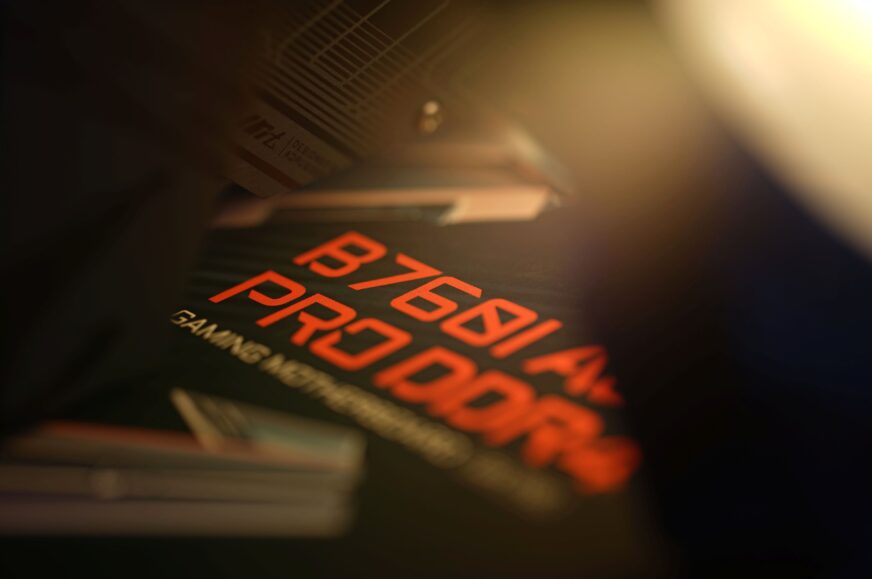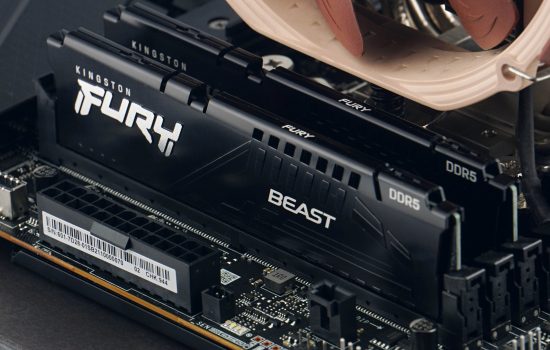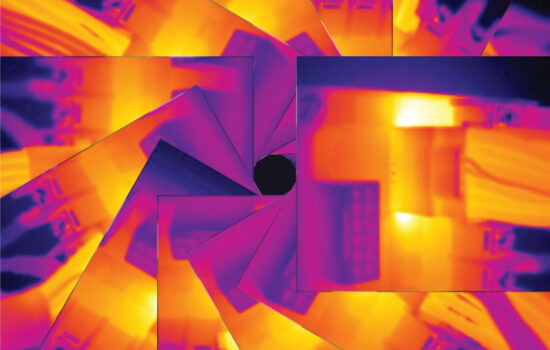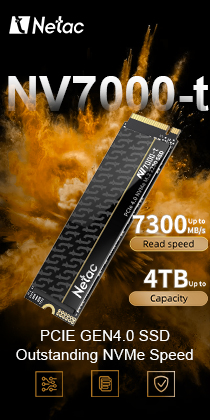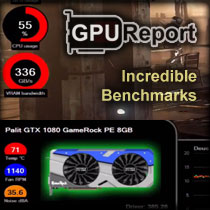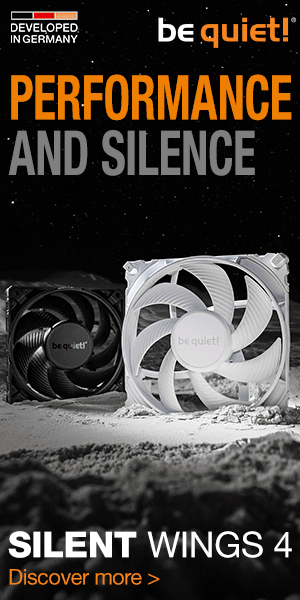3D rendering: Cinebench, Blender, ...
In the tests, we looked at a Mini-ITX motherboard. A warning finger is usually put over this format in connection with powerful CPUs, but often unjustifiably. This would be the case even with one of the cheapest models for the LGA 1700 platform – the B760I Aorus Pro DDR4. The “cut off” is mainly things you may not need, for example because a larger number of slots not only won’t be used, but also doesn’t fit into the vision of a space-saving PC build.
Cinebench R20
Cinebench R23
Blender@Cycles
Test environment: We use well distributed projects BMW (510 tiles) and Classroom (2040 tiles) and the renderer Cycles. Render settings are set to None, with which all the work falls on the CPU.
LuxRender (SPECworkstation 3.1)
- Contents
- Gigabyte B760I Aorus Pro DDR4 in detail
- What it looks like in the BIOS
- Methodology: Performance tests
- Methodology: How we measure power draw
- Methodology: Temperature and frequency measurements
- Test setup
- 3DMark
- Borderlands 3
- F1 2020
- Metro Exodus
- Shadow of the Tomb Raider
- Total War Saga: Troy
- PCMark and Geekbench
- Web performance
- 3D rendering: Cinebench, Blender, ...
- Video 1/2: Adobe Premiere Pro
- Video 2/2: DaVinci Resolve Studio
- Graphics effects: Adobe After Effects
- Video encoding
- Audio encoding
- Photos: Adobe Photoshop, Affinity Photo, ...
- (De)compression
- (De)encryption
- Numerical computing
- Simulations
- Memory and cache tests
- M.2 (SSD) slots speed
- USB ports speed
- Ethernet speed
- Power draw without power limits
- Power draw with power limits
- Achieved CPU clock speed
- CPU temperature
- VRM temperature – thermal imaging of Vcore and SOC
- SSD temperature
- Chipset temperature (south bridge)
- Conclusion





